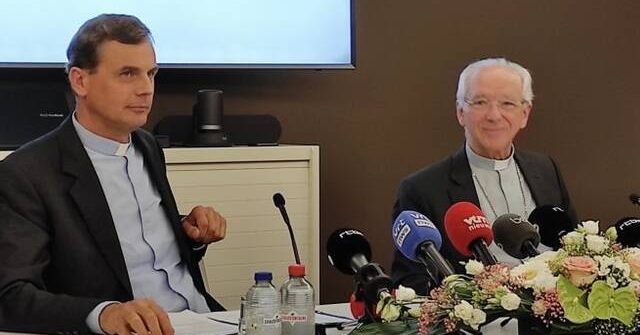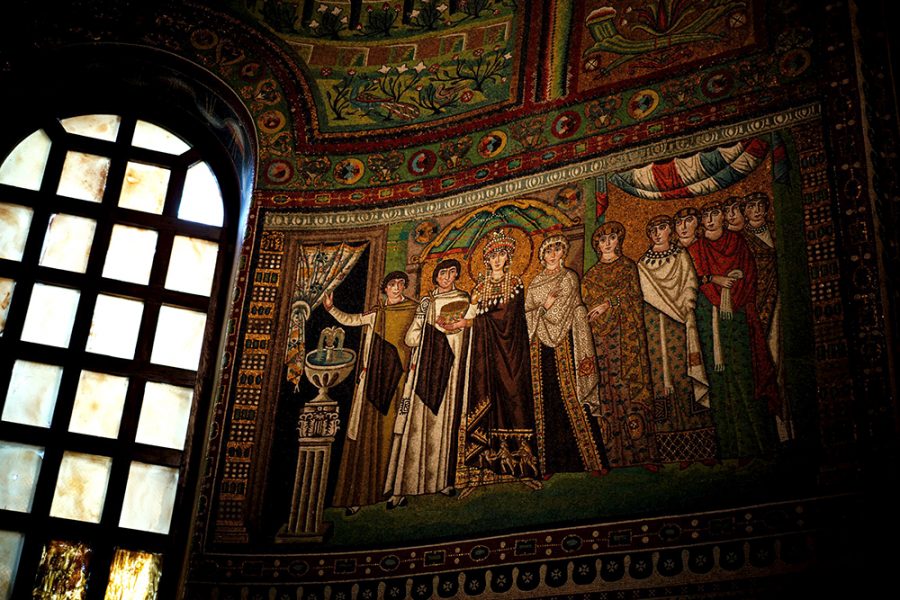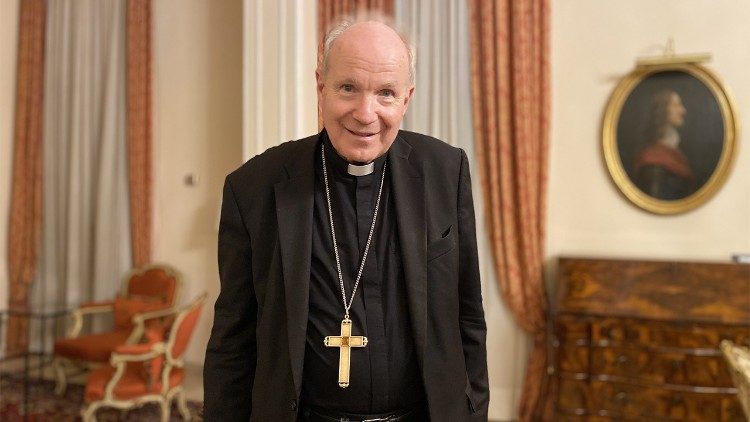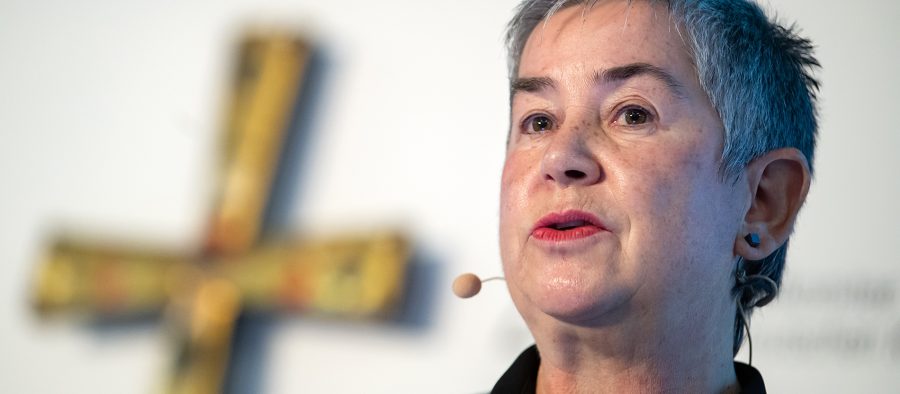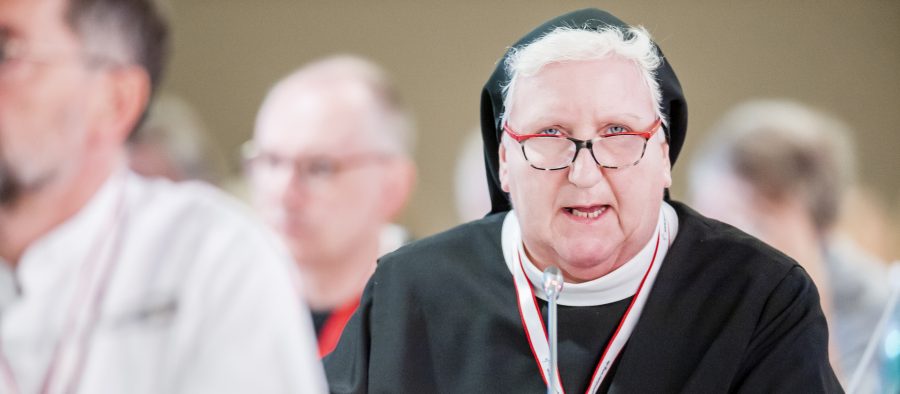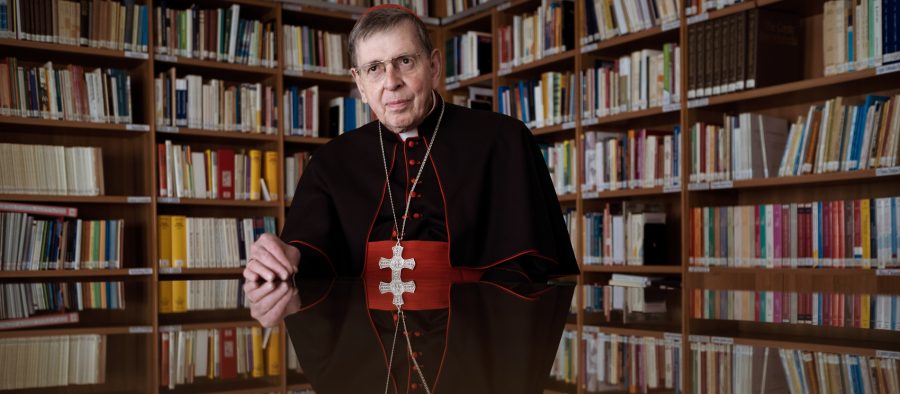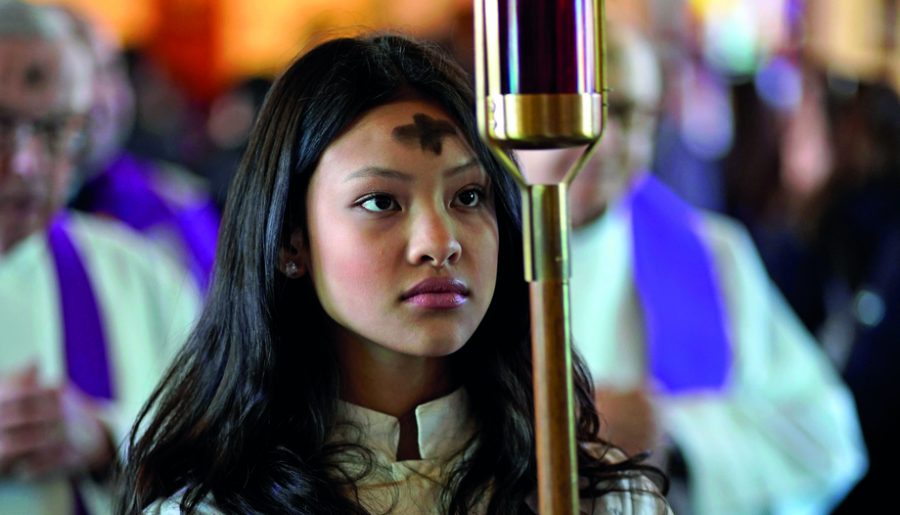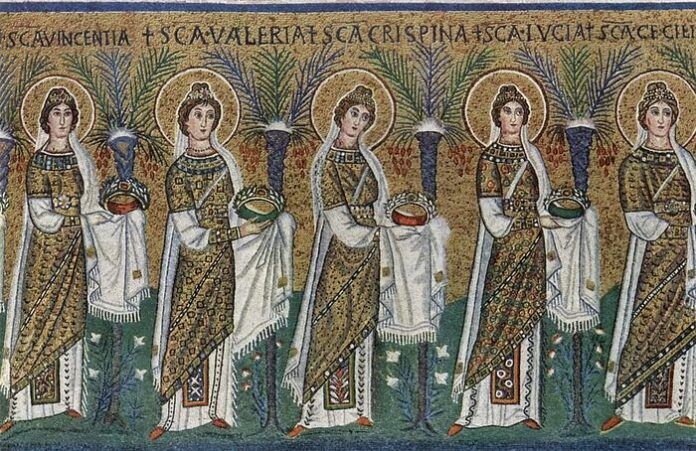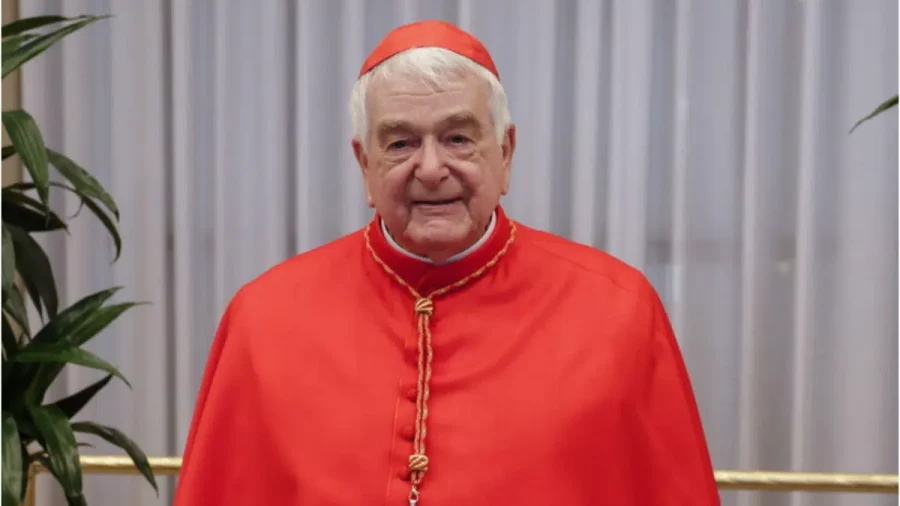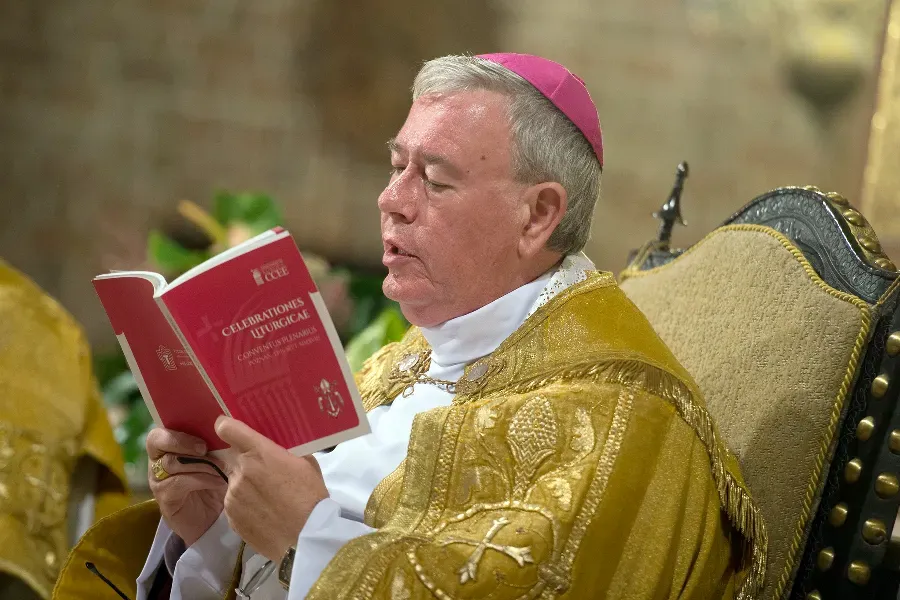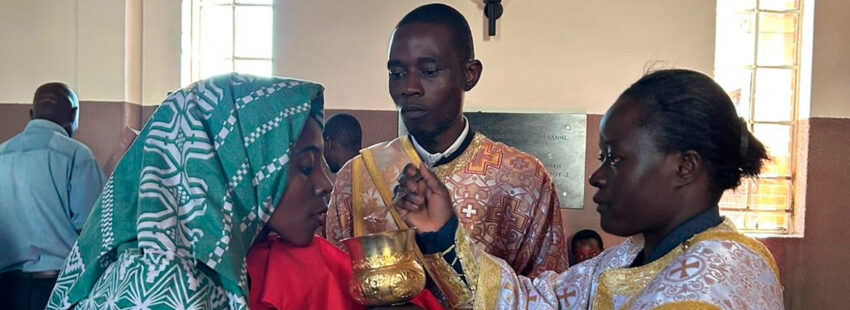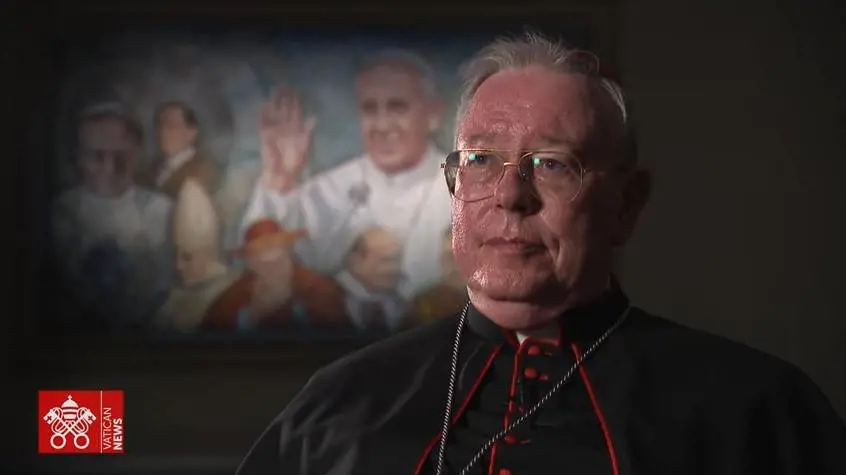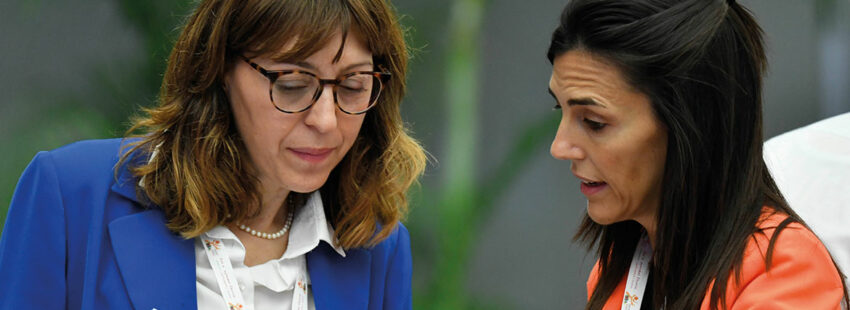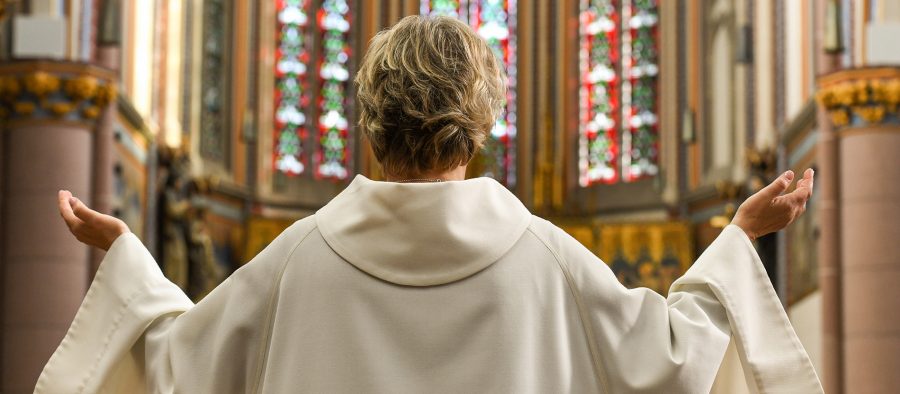(Faro di Roma).
Papa Francesco potrebbe accettare l’istituzione delle donne diacono solo se tale ministero fosse distinti dal primo grado del sacramento dell’Ordine. «Se si tratta di diaconi con l’Ordine Sacro, no», ha chiarito all’emittente statunitense Cbs.
Infatti, ha spiegato, «le donne hanno sempre avuto la funzione di diaconesse senza essere diaconi. Le donne sono di grande servizio come donne, non come ministri all’interno dell’Ordine Sacro». Per Francesco, insomma, «fare spazio alle donne nella Chiesa non significa dare loro un ministero».
Papa Bergoglio ha istituito due commissioni, la prima nel 2016 e la seconda nel 2020, perché la questione fosse ricostruita dal punto di vista storico e si verificasse se e in che modo esistessero donne diacono nella Chiesa primitiva.
Come è noto la richiesta di donne diacono è stata avanzata dai fedeli di varie parti del mondo, nelle consultazioni che hanno preceduto gli ultimi sinodi. Tanto che la questione, almeno formalmente, è rimasta aperta. Nell’ultimo Sinodo, alla fine di ottobre, i vescovi hanno approvato una relazione finale che diceva, tra l’altro: «Si prosegua la ricerca teologica e pastorale sull’accesso delle donne al diaconato, giovandosi dei risultati delle commissioni appositamente istituite dal Santo Padre e delle ricerche teologiche, storiche ed esegetiche già effettuate. Se possibile, i risultati dovrebbero essere presentati alla prossima Sessione dell’Assemblea».
Continue reading …



